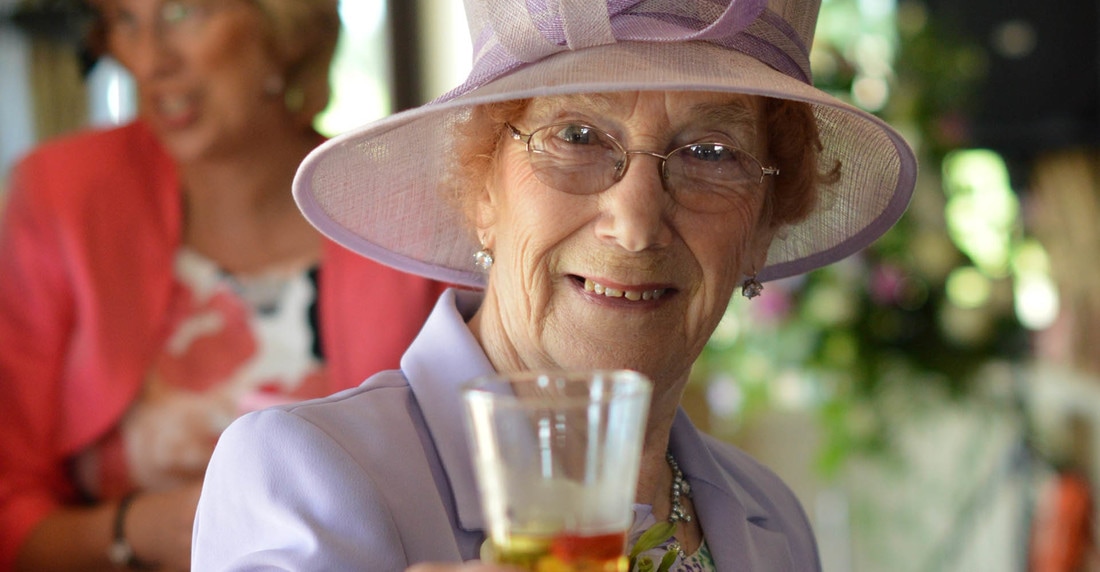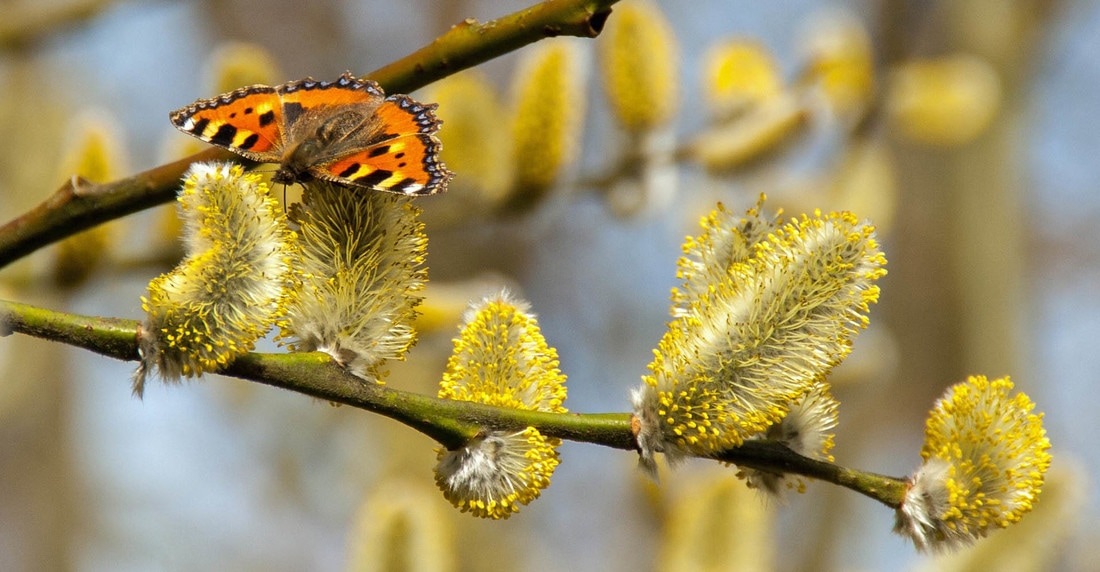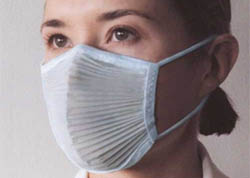|
By Anna Hazard
View the Rest of the Series
Part 1 - Exercise & Precautions
Diet
As well as the clothing and skin protection discussed in our previous blog post, seniors should take care to remain hydrated especially if they are engaging in outside exercise during warmer weather. As one ages, the body's ability to notice thirst may decrease and the presence of medications or pre-existing conditions that are more likely to occur in the elderly can also lead to easier dehydration. Dehydration interferes with memory & concentration as well as greatly increases the risk of falling.
When it comes to keeping hydrated, healthier choices include water, tea, and fresh vegetable or fruit juices instead of indulging in coffee, processed fruit juices, or sugary sodas. The heavier meals of winter can also be replaced with salads, light soups, and other lightly cooked fares. Fruits & vegetables should be plentiful for a healthy & balanced diet, with a special focus on those that are now in season that should be at their peak when it comes to flavor and nutrients (and less expensive compared to imported out-of-season produce). Seasonal spring fruits & vegetables include asparagus, artichokes, broccoli, collard greens, corn, peas, rhubarb, and spinach as well as apricots, honeydew melon, limes, mango, oranges, pineapple, and strawberries. Health & Allergies
Spring is also a good time for a yearly tune-up by having a senior's eyesight and hearing tested in case eyeglasses or hearing aids need to be added or replaced as well as a visit to the family physician for a quick check-up on weight, blood pressure & sugar level, cholesterol, and for any follow-ups to other pre-existing conditions. This is a particularly good occasion for a doctor's visit for those seniors who have seasonal allergies related to pollen and grass (up to 5-10% of those age 65+ in the USA) which tend to flare-up at this time of year.
In addition, there are some types of allergies that tend to first manifest during a person's senior years or have worsening symptoms with time due to geriatric rhinitis (inflammation of the mucus membrane within the nose), the natural weakening of cartilage within the nose which narrows the air pathways, or with the tendency for blood flow to the area to decrease with age which leads to dry nostrils. Allergies within the elderly can be further complicated by pre-existing conditions such as chronic obstructive pulmonary disease being exacerbated by pollen getting into the lungs. Further complications may arise due to many conventional allergy treatments, both over-the-counter and prescription, not being suitable due to conflicts with other underlying conditions or with other medications being taken (such as many allergy medications & decongestants being unsuitable for those with high blood pressure due to their side effect of raising pressure further). Seasonal allergies within the elderly can be combated through a few simple steps such as keeping an eye on weather channels, websites, and apps that give updates on daily pollen count to take further precautions and avoid going out on on such days. In addition, shoes can be removed before entering an allergic senior's living space to help prevent the tracking in of pollen & grass. Laundry for sensitive seniors should be dried inside instead of on an outside clothesline where pollen & other allergens may cling. Windows should remain closed with air conditioning (with new air filters) being used in their stead. Areas often used should be kept clean including the house (especially dusting, vacuuming, with the use of air purifiers) and cars (washed both inside & outside with particular attention paid to the cabin air filters when seniors go for a ride). For Further Information
Spring Diet for Seniors | WebMD | ACAAI | Live Science | Allergy Store | Medical Alert Device |Reviews.com | Choose Energy
0 Comments
Leave a Reply. |
AboutNews updates, tips, and guides on senior care, senior health, stress relief and a host of other caregiving related topics from the professionals at Ella Stewart Care. |





 RSS Feed
RSS Feed
